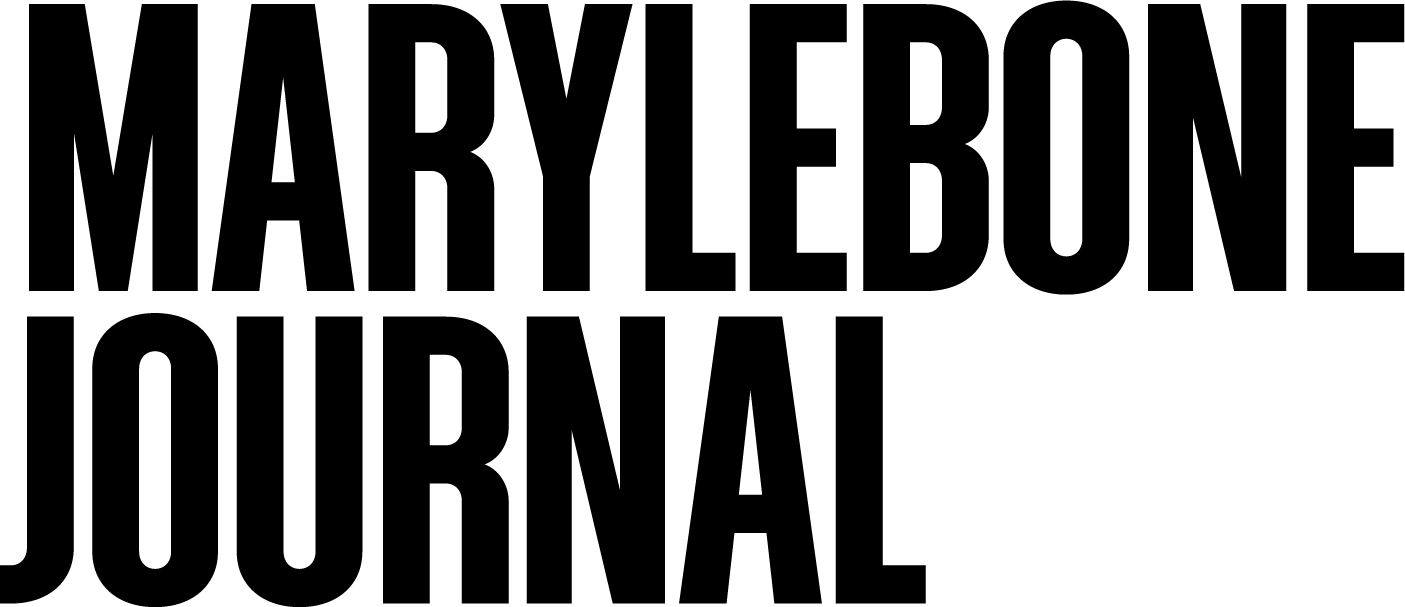Food philosophy
Simon Conyers, head chef at Vinoteca Marylebone, on his relationship with food
Interview: Ellie Costigan
One of my earliest memories is getting an illustrated cookbook when I was about four. I badgered my mum to help me make things all the time. I think mostly it was a way to get biscuits.
I did a whole bunch of City jobs for about 12 years and had this food hobby in the background—borderline obsession. My mates would laugh at me because if they popped round, I’d be watching a cooking programme, while reading a cookbook, while cooking something.
About three years ago, I’d had quite a heavy year in my personal life. I quit my job, went travelling in New Zealand, came back and went, “Right, I’m going to be a chef.” It was terrifying. I didn’t even know the names for things. It was incredibly humbling. But I was hooked.
I thought the hardest thing about being a chef would be learning to cook restaurant quality food—that was the easy bit. It’s coordination, it’s time management. It’s mental capacity. You’re working to deadlines of a couple of minutes and you have to be consistent.
When I put my menu together, I always start from the point of, what’s in season right now? Where’s it coming from? You will never see anything on my menu at Vinoteca that’s been grown in a polytunnel in Peru. Our planet is on fire, we’re living on a dying rock, and the only way that’s going to change is if we start being much more careful about the choices we make about food.
There are lots of jobbing chefs who started cooking because they didn’t know what else to do. But you really shouldn’t be doing this job unless you love it: the hours are too long, the money is too crap. There are better ways to earn a living unless you genuinely care about what you’re doing.
I’m a big believer in not doing too much to things. I don’t want to have a mushroom that’s been freeze dried and powdered and turned into a gel, I want a mushroom that looks and tastes like a mushroom.
Understanding the connection between land, produce, cuisine and culture, that’s the most important part of cooking. If you ever want to understand a person or a place, go and eat their food. Sadly, we’re losing that connection.
Seasonality is the thing that excites me most as a chef—when spring comes in and you start getting proper crisp green vegetables, peas, asparagus, radishes. Three months later I will never want to see another pea, but that’s the nice thing about the UK, there’s always another season just around the corner.
We buy in the whole animal and we waste nothing: the bones go into the stock pot, the trim and the bellies get minced and turned into ragus, soups or stews. If an animal is going to die so you can eat, it had better have had a damn good life and you’d better respect it—use it.
My pig farmer is a bloke called Guy Tudge, up in Herefordshire. He raises Berkshire pigs; he’s got about 200. When I phone up to give him an order, he will frequently spend 20 minutes telling me about them—he loves his pigs. He loves what he does for a living. And you can absolutely taste the quality of their life in the meat. And I know my customers can taste that difference.
Vegetarian cooking challenges your creativity. You’ve got to think carefully about flavours, textures, colours, seasoning. You can’t just put up something that would be a garnish to a meat dish and call it a vegetarian dish. It’s lazy and it’s insulting and it’s not going to be satisfying.
The thing I love most about this restaurant is that it’s an open kitchen. I can see almost everybody who’s eating my food. I love that instant feedback. About once every service, someone will come up to the pass and say, “Thank you, that was an amazing meal.” I buzz off that for rest of the night.
I’ve worked with chefs who have ruled with intimidation and fear, some really abusive characters. There are some real problems in this industry. If your team are only working well because they fear you, you’ve failed—as a human, as a leader, as a chef.


